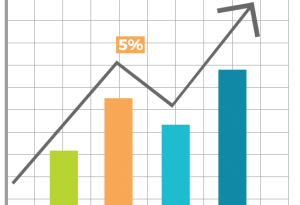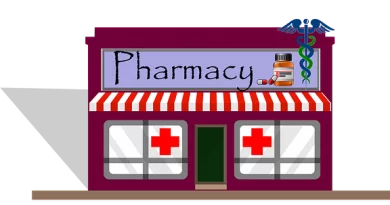Benefits of Intensive Outpatient Program
Research findings indicate that after engaging in an IOP, a significant proportion of participants, ranging from 50% to 70%, reported sustained abstinence from their addiction during follow-up assessments.
The journey toward sobriety is often a multi-faceted process that involves various types of treatment approaches. One such approach, and an increasingly popular one, is the Intensive Outpatient Program (IOP). Unlike residential treatment programs where patients live on-site, IOPs allow individuals to receive comprehensive, structured treatment while maintaining their daily activities, such as work, school, or family responsibilities.
Contents
Flexibility and Accessibility
One of the primary benefits of an IOP is the flexibility it provides. Participants can attend therapy sessions during the day or evening, making it possible to continue with work, school, or family obligations. This flexibility can make treatment more accessible for those who might not be able to take extended time away from their daily lives.
Integration of Real-World Experiences
IOPs also allow participants to immediately apply the skills and techniques they learn during therapy to their daily lives. Unlike inpatient programs, where patients are somewhat insulated from the outside world, those in IOPs face real-world challenges every day.
Research findings indicate that after engaging in an IOP, a significant proportion of participants, ranging from 50% to 70%, reported sustained abstinence from their addiction during follow-up assessments. This shows that IOPs can provide valuable opportunities for growth and learning with the support of the treatment team and their community.
Cost-Effectiveness
Intensive Outpatient Programs are often more cost-effective than inpatient programs. Without the need for round-the-clock care and housing, the cost of IOPs can be significantly lower, making them a more accessible option for many people seeking help.
Continued Support
IOPs provide a structured treatment environment with regular therapy sessions throughout the week, typically for several hours each day. This regular, continued support can be vital in helping individuals navigate the challenges of early recovery, learn new coping strategies, and build a solid foundation for long-term sobriety.
Family Involvement
Many IOPs also offer family therapy as part of their programs, recognizing that addiction affects not only the individual but also their loved ones. Family sessions can help to repair strained relationships, improve communication, and foster a supportive home environment, which can be crucial for lasting recovery.
Holistic Treatment Approaches
IOPs often employ a variety of treatment modalities, including individual therapy, group therapy, and sometimes even holistic therapies like yoga, meditation, or art therapy. This multi-faceted approach allows for a more comprehensive treatment plan that addresses not just the physical aspects of addiction but also the psychological, emotional, and social components.
Continuous Care and Support
One of the most significant benefits of an Intensive Outpatient Program is the continuous care and support it offers. With frequent therapy sessions every week, patients are ensured of consistent monitoring and guidance.
These regular touchpoints provide an opportunity for therapists to assess the patient’s progress, make necessary adjustments to the treatment plan, and address any emerging issues promptly. The continuity of care within an IOP can significantly contribute to an individual’s recovery process by offering constant support when facing the challenges of overcoming addiction.
Building a Support Network
In addition to the professional support offered within an IOP, participants also have the opportunity to build a network of peers on the path to recovery. This sense of community can be incredibly powerful. Group therapy sessions, a key component of many IOPs, provide a safe space for individuals to share their experiences, struggles, and victories. The connections made within these groups often extend beyond the program itself, providing an invaluable source of long-term support.
Focus on Life Skills
Intensive Outpatient Programs also place a significant emphasis on equipping participants with the life skills necessary for maintaining sobriety in the long term. These skills can range from stress management techniques and healthy coping mechanisms to practical aspects such as job hunting skills or financial planning. By focusing on these areas, IOPs prepare individuals for a life of sobriety beyond the program, enhancing their resilience and self-sufficiency.
Accessibility and Inclusivity
Intensive Outpatient Programs also tend to be more inclusive and accessible than residential programs. By allowing participants to continue living at home, they can cater to individuals who may have childcare responsibilities, cannot take time off work, or cannot afford the cost of residential treatment. This inclusivity means that more people can access the help they need.
Personalized Treatment
While IOPs offer structured treatment, there is also a degree of personalization in the therapy provided. Therapists will work closely with each participant to understand their unique circumstances, challenges, and goals. This personalized approach ensures that the treatment plan is tailored specifically to the individual, thereby enhancing its effectiveness.
Intensive Outpatient Programs offer an adaptable, supportive, and comprehensive approach to addiction recovery. By providing flexibility, continuous care, and focusing on life skills, IOPs play a crucial role in many individuals’ recovery journeys.
However, it’s important to remember that the path to recovery is a personal one, and what works best will vary from person to person. Always consult with a healthcare professional or addiction specialist to find the most suitable treatment approach for you or your loved one. With the proper support and resources, recovery is within reach.




